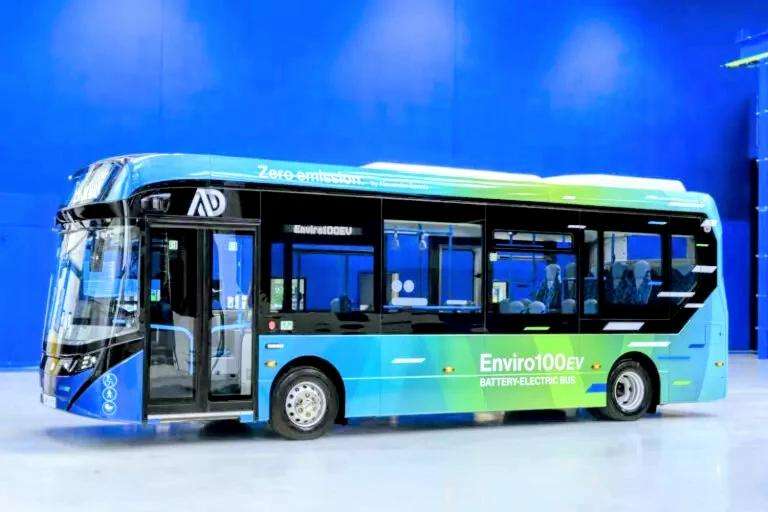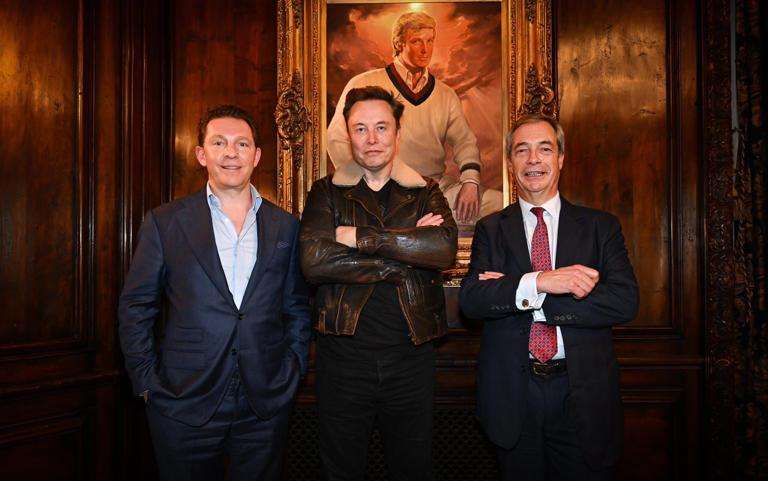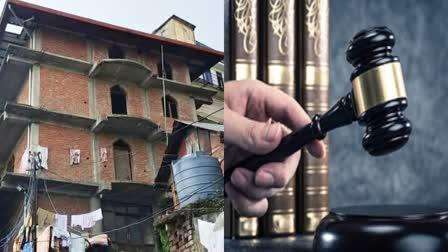Through a 'buy British' campaign, Chinese companies are keeping over half of the taxpayer-funded subsidies intended for new zero-emission buses, Daily Dazzling Dawn understand.Under the government's ambitious intentions to achieve net zero, more than £400 million in funding have been made available to bus firms to encourage them to transition to all-electric fleets. Even though there are established British alternatives, such as one that turns current diesel vehicles into electric ones, the majority of the funding is going to two Chinese businesses and their affiliates that control the bus-building sector.British bus makers say state aid rules left in place after Britain quit the EU mean local authorities cannot favour domestic suppliers when awarding public contracts.
As a result the Chinese firms who undercut on price have cornered the electric bus market with BYD making up nearly half and Yutong another ten per cent, according to latest figures from the Government funded Zemo Partnership.They have received more than £200 million from taxpayers under the Zero Emissions Bus Regional Area (Zebra) scheme, which supports councils outside London as they introduce all-electric fleets.In 2020, Boris Johnson as Prime Minister pledged to back the purchase of at least 4,000 new zero emission buses across the UK. The target has almost been met, with 3,820 battery-powered vehicles on the road by September 2024, according to official figures.But that represents only a tenth of all buses in service. The rest are either diesel-powered or hybrids.
One option, known as repowering, converts diesel buses to battery-power, rather than building electric ones from scratch. It extends the life of a vehicle's chassis and bodywork, develops manufacturing skills and strengthens domestic supply chains in the UK's industrial heartlands.'Repowering is a game-changer, but receives no incentive from the Government to consider it as a serious alternative,' said Marcus Jenkins, co-founder of Magtec, an electric vehicle specialist based in Rotherham, south Yorkshire.
With 'a level playing field' for subsidies, Jenkins reckons buses could be converted at half the cost of making new electric ones.
'It needs the same investment as that of current UK taxpayer-funded grants being given to China's bus makers,' he said.
Alexander Dennis, one of Britain's biggest bus makers, recently laid off 130 staff at its Falkirk head office and axed a Zebra joint venture with BYD amid concerns about the Subsidy Control Act.
This prevents domestic producers being favoured over foreign manufacturers when contracts with public subsidies are awarded.
But British bus makers say other countries, such as Germany and Sweden, routinely flout these rules in favour of their own suppliers.
BYD has come under fire for its alleged use of forced labour in its supply chain. A recent report from Human Rights Watch claimed BYD and other electric vehicle makers may be using aluminium produced by Uyghurs in Xinjiang.
BYD says it is 'committed to conducting business ethically, with integrity and in compliance with laws in the countries in which it operates. It added: 'This includes improving our practices to combat slavery and human trafficking in our business and supply chain.'
News of the payouts to BYD and Yutong comes amid tension between the UK and China over the Prince Andrew spy row. The Department for Transport said the UK was 'a global leader in bus manufacturing' and schemes such as Zebra help 'ensure British manufacturers continue to succeed'.








.svg)



_1.jpg)